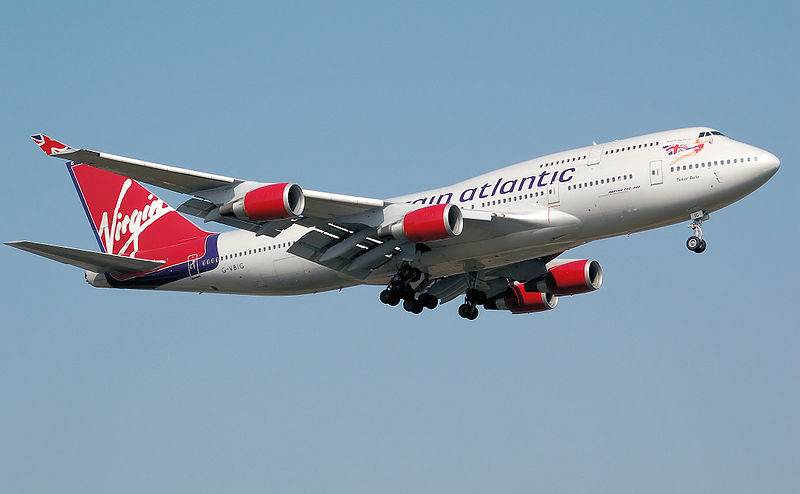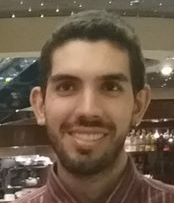Image: Unsplash
aeronautics
Technology
/ USA
two at once
Virgin Atlantic plans to make SAF low-carbon and tackle excess plastic waste
By: Rafael Ramos
On: 2/16/2022

Boeing 747-400
Virgin Atlantic
Public Domain
In yet another commitment to sustainability, Virgin Atlantic and chemical technology company Agilyx announced an agreement to research and develop low-carbon fuels.
The company intends to use 10% of SAF by 2030. In addition, 2.5 million liters of SAF were ordered by it last week.
The new project in partnership with the chemical company aims to use plastic to produce synthetic oil, which will be refined into low-carbon fuel. Thus, two environmental problems would be reduced: the excess of plastic waste and the high emissions of fossil fuels.
Agilyx CEO said: “We are pleased to partner with Virgin Group to enable a technology solution for low carbon fuels as it transitions on its journey to net zero emissions. This platform is unique as it will be used for low carbon fuels and has the future opportunity for the production of circular plastics. We see plastic waste as a valuable aboveground resource that is not widely exploited. Through our technology, we aim to unlock the value of plastic waste that might otherwise have gone to landfill or incineration.”
The United States is the biggest generator of plastic waste in the world, averaging around 130 kilograms per person per year.
Airlines and aircraft manufacturers are increasingly making decisions that contribute to the cause of the environment. It remains to be seen if it is for pure publicity or if they are really worried. British Airways parent group IAG struck a deal with tech startup Velocys in November under which Velocys turns woody biomass waste into sustainable aviation fuel (SAF) at a biorefinery in Mississippi.
IATA predicts that only 5.2% of the fuel used in aviation by 2030 will be sustainable, rising to 65% by 2050. IATA President Willie Walsh said: “We use around 100 million liters of sustainable aviation fuel in 2021 – is a very small amount compared to the total fuel needed.”



 Rafael Ramos
Rafael Ramos
Aviation enthusiast from an early age, he had his first contacts with the area developing that good old habit of spending dozens of hours in front of the screens of Micrsoft Flight Simulator and other simulators. With a solid background in various technological areas, including engineering and chemistry, Rafael has rejoined aviation as editor and author of articles and materials on our portal, providing invaluable help to the dynamics and expansion of the website and the aeronautical community, bringing us the news and updates so indispensable for us to remain current in our area of operation.
   
|

|